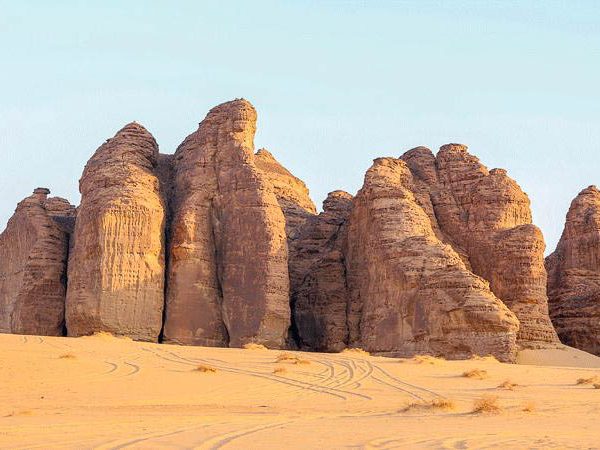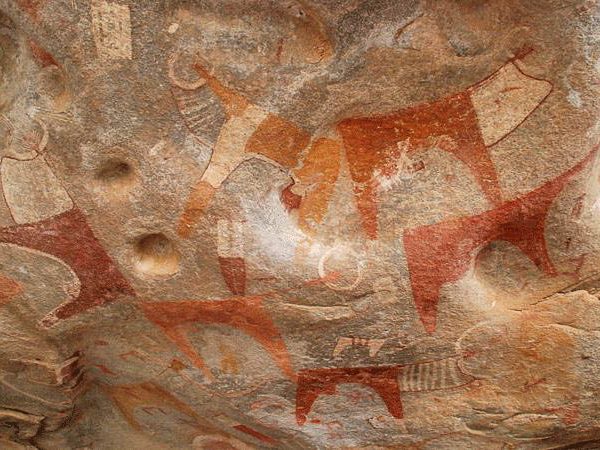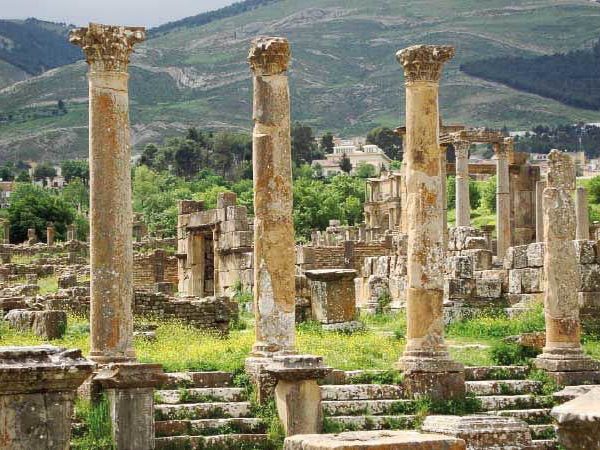Kingdom of the Black Pharaohs
Sudan has hosted some of history’s most important kingdoms and civilisations. On this tour we journey back to the time of the Kush, uncovering some of Sudan’s most significant historical sites. We travel through incredible desert landscapes, see the changing views of the Nile, and meet the friendly inhabitants of this vast and enchanting country.
Starting in the bustling capital of Khartoum, we visit the National Museum and witness a dervish ceremony, before heading north along the Nile, until we reach the holy mountain of Jebel Barkal and its archaeological treasures, dating back to the time of the Pharoahs. The next part of the journey explores traditional Nubian life as we visit local markets in Karima, and we then head to the pyramids of Nuri before travelling to Old Dongola, home to the remains of an ancient Christian civilisation.
We then cross into the Bayuda desert, home to Bisharin nomads and dramatic basalt mountains, continuing to visit the Meroe Pyramids – one of Africa’s most dramatic sights – before returning to Khartoum to see the traditional wrestling matches of the Nuba people.
For those keen to see more, a short extension takes us to the well preserved Temple of Soleb with its exquisite decoration and hieroglyphics, the ancient quarries of Tombos, and the ‘Defuffa’, a building dating back to the Kerma civilisation.
Sudan has a rich and surprising heritage to rival that of its better-known neighbour, Egypt, yet the tiny number of visitors makes a trip here very special. This is an ideal introduction to a much misunderstood country.












